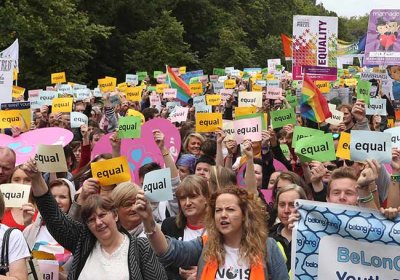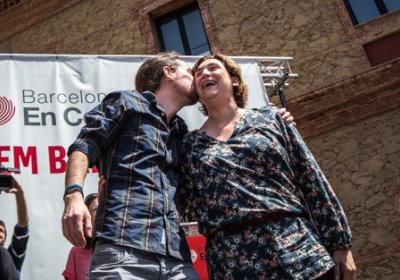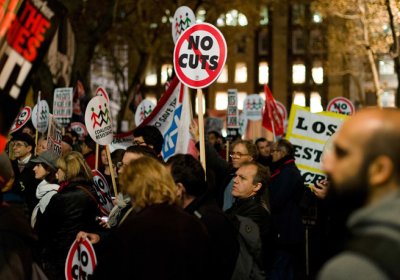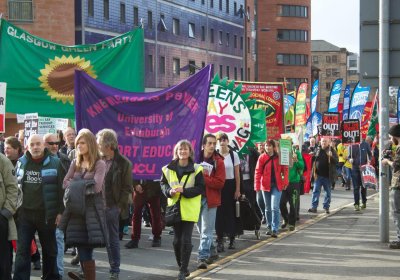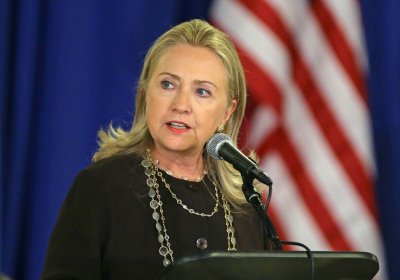Elections
With the support of all of the political parties in Dublin's parliament (the Dail), a May 22 referendum on same-sex marriage could bring official state recognition for Ireland’s gay community and their relationships for the first time.
Britain's May 7 elections revealed the deep divides emerging in British society and offered the promise of a constitutional crisis and social struggles to come. Most commentators had expected the result to be a hung parliament; polls had consistently shown the Conservative (Tory) and Labour parties to be neck and neck. In Scotland, the polls pointed to a wipe-out of the previously dominant Labour Party, with the Scottish National Party (SNP) poised to make sweeping gains on a platform of opposing austerity and Trident nuclear weapons.
This statement was released by the executive committee of Left Unity, a left-wing party in Britain formed after a call by film-maker Ken Loach for a new party to the left of Labour in 2013, in response to the May 7 general election won by Prime Minister David Cameron's Conservative Party.
- Previous page
- Page 87
- Next page

